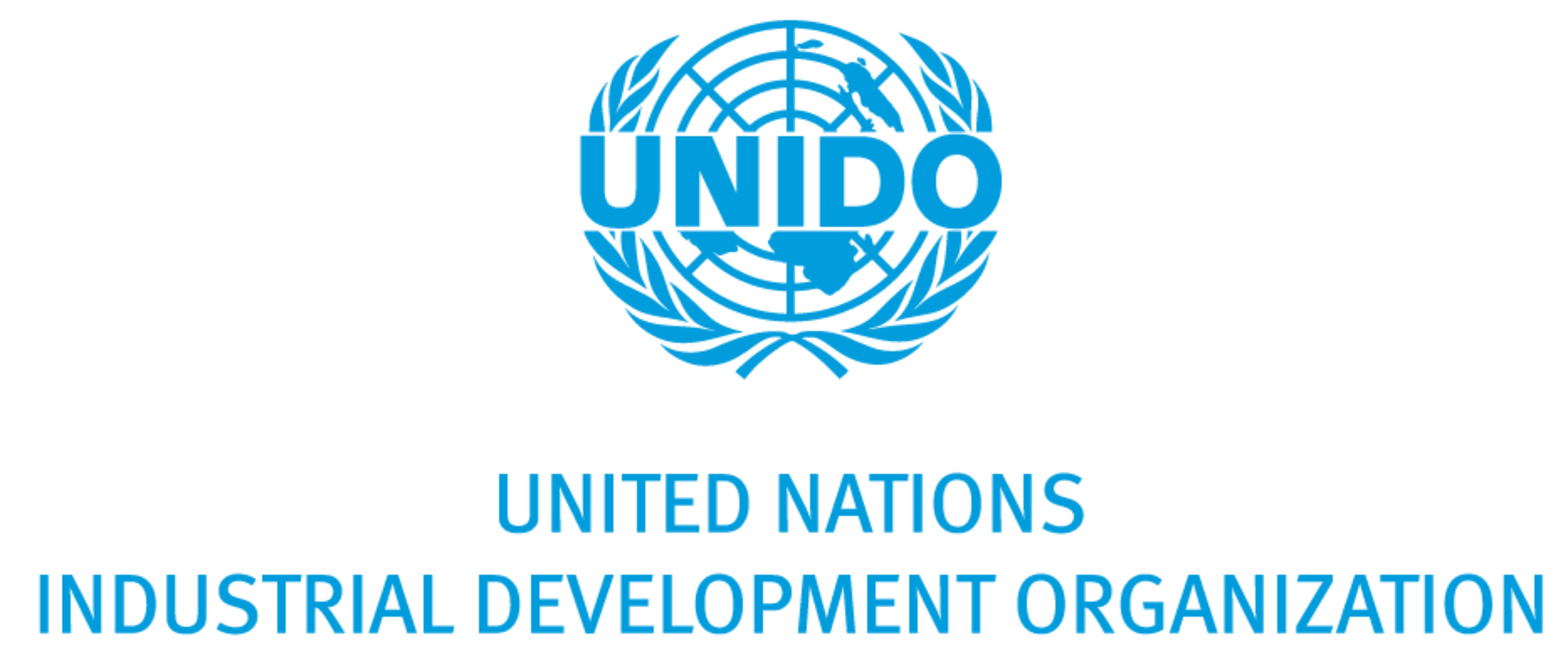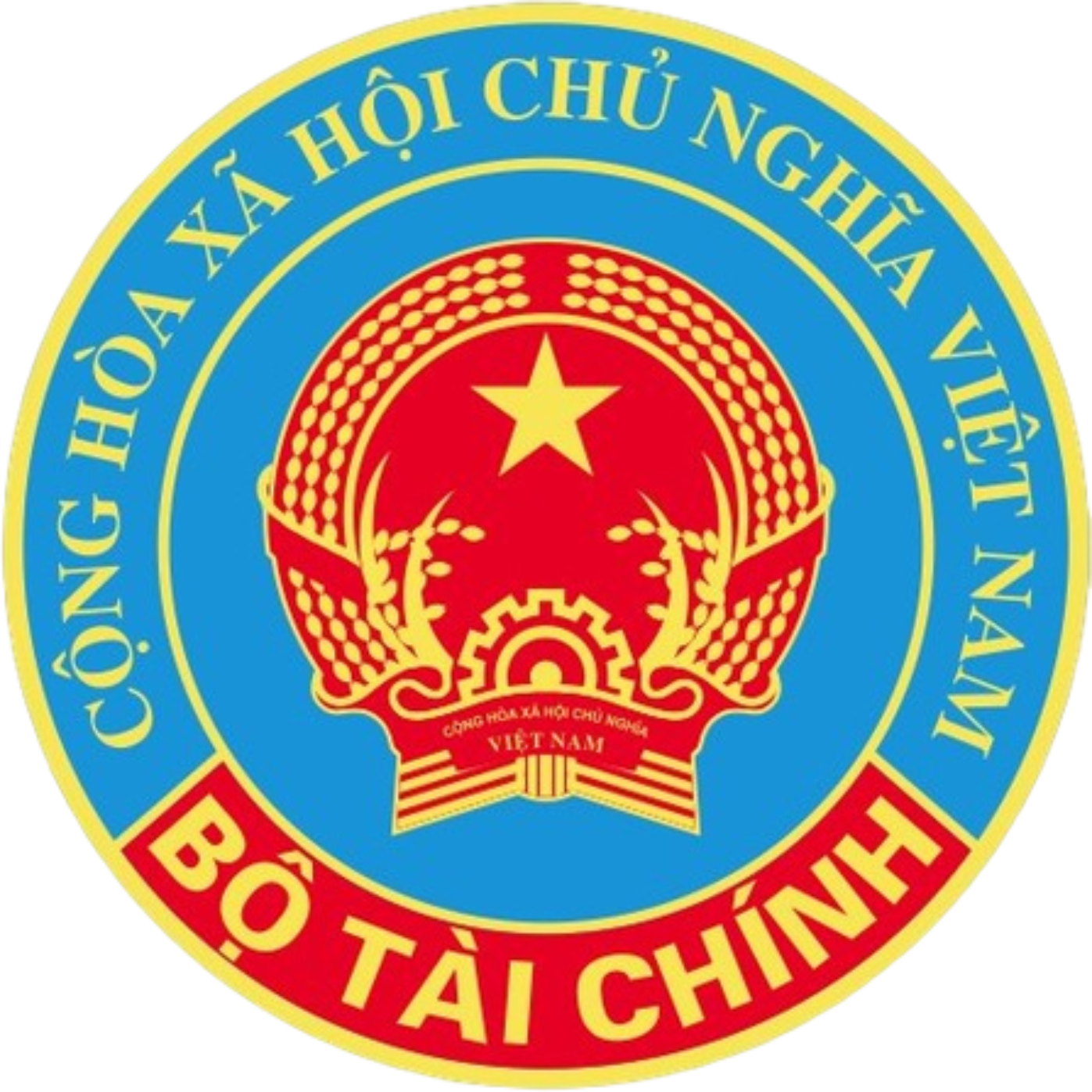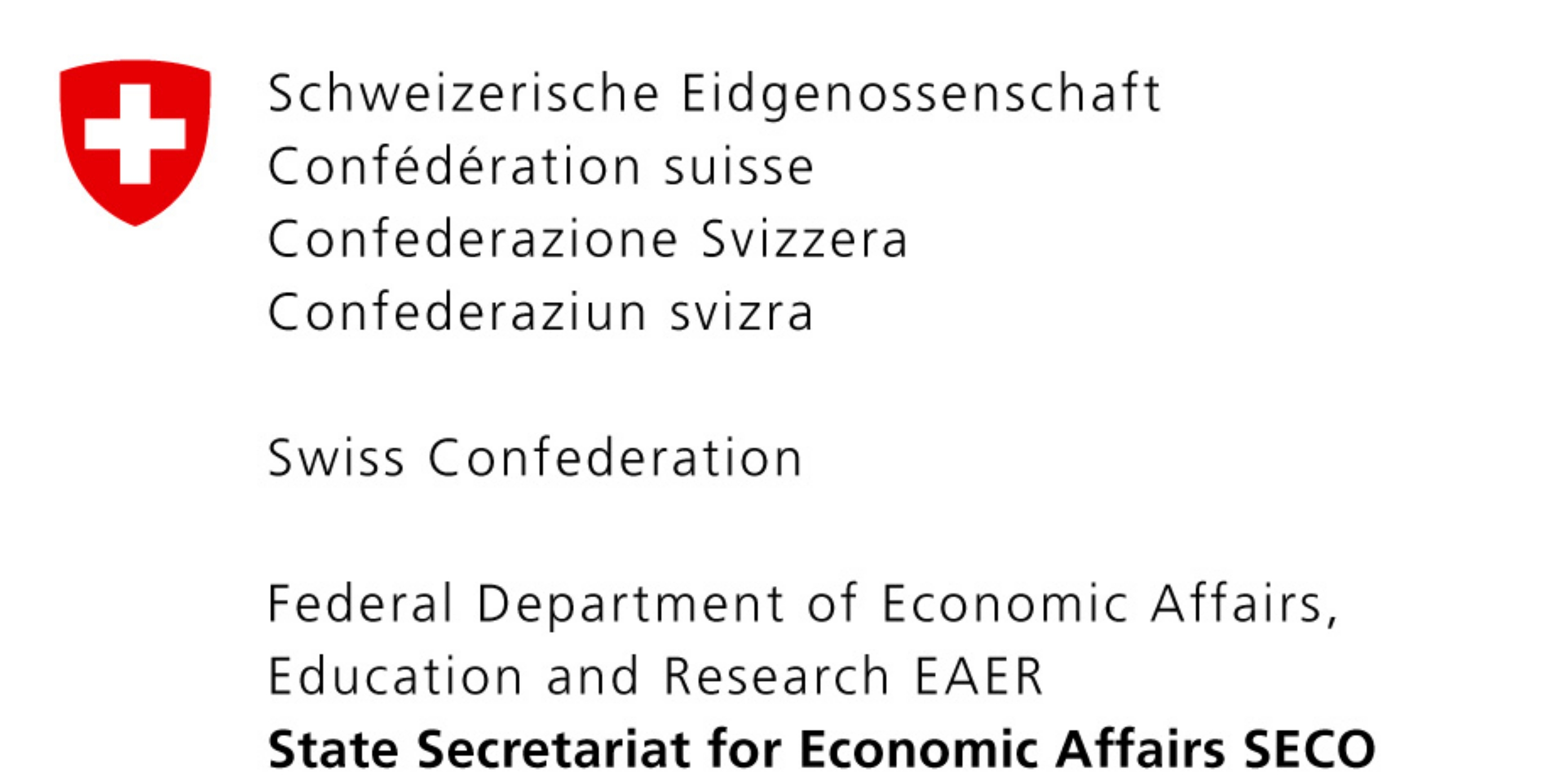On December 10, 2024, the 3rd Circular Economy Forum, organized by the Institute of Strategy and Policy on Natural Resources and Environment (ISPONRE) in collaboration with international organizations, was successfully held in Hanoi under the theme "Promoting Circular Economy in Viet Nam – From Plan to Action." The event brought together senior government leaders, private sector representatives, development organizations, experts, and delegates interested in sustainable development.
As Vietnam identifies the circular economy (CE) as a vital solution to achieving its net-zero emissions target by 2050, the United Nations Industrial Development Organization (UNIDO) reaffirmed its commitment to supporting Viet Nam in promoting CE within eco-industrial parks (EIP).
The 2024 Circular Economy Forum was held on December 10, 2024.
EIPs are recognized as a critical foundation for expanding CE practices, where member companies within industrial parks (IP) implement synergies solutions by sharing materials, optimizing resource use, and minimizing environmental impact. This approach represents a vital strategy for promoting the sustainable development of Vietnams industrial sector and enhancing the competitiveness of the national economy.
Ms Vuong Thi Minh Hieu, Deputy Director General of the Economic Zones Management Department under the Ministry of Planning and Investment (MPI), shared: "With the support of UNIDO and international organizations, Viet Nam has been piloting the EIP model since 2014. Over the years, IPs transitioning to EIPs have demonstrated their effectiveness in reducing environmental impact while delivering significant economic benefits to businesses and communities.
We recognize that from 2025 to 2030, with a vision toward 2045, transforming traditional IPs into EIPs and establishing new EIPs will be a key priority in fulfilling the Governments commitment to achieving net-zero emissions by 2050. Relevant ministries and agencies have been working diligently to develop and issue appropriate regulations and guidelines while simplifying administrative procedures in industrial parks and economic Ms Vuong Thi Minh Hieu, Deputy Director General of the Economic Zones Management Department under the Ministry of Planning and Investment (MPI), presented at the Circular Economy Forum 2024
Since its initial rollout in Viet Nam, the EIP program has supported 72 businesses across 4 IPs in transitioning to the EIPs model. By applying over 900 resource-efficient and cleaner production solutions recommended by the program, these enterprises have collectively saved more than 76 billion VND annually (equivalent to over 3 million USD) through reductions in resource and material consumption.
Specifically, the program has enabled savings of over 22,000 MWh of electricity, 600,000 m³ of clean water, more than 140 TJ of fossil fuels, and nearly 3,600 tons of chemicals and waste. In terms of environmental impact, these reductions have contributed to cutting approximately 32,000 tons of CO₂ emissions each year
The EIP model has not only been widely promoted but has also been officially institutionalized through Government Decree No. 82/2018/ND-CP, issued on May 22, 2018, on the management of industrial parks and economic zones. This decree establishes the legal framework for transitioning traditional IPs into EIPs, supports related activities, and creates a way for scaling up the model in the future.
While notable progress has been achieved, the adoption of the EIP model in Vietnam remains limited. This transition still faces numerous challenges, such as waste reuse, advancing renewable energy development, and sharing infrastructure to facilitate industrial synergies and foster CE.
Besides, businesses in IPs and industrial park investors still face difficulties in adopting advanced low-carbon technologies to tackle environmental issues, speeding up digital transformation, and accessing green credit financing.
Speaking at the forum, Mr Jerome Stucki, Head of Circular Economy and Resource Efficiency at UNIDO, shared: "Eco-industrial parks are the perfect setting to test and scale up industrial synergies initiatives. Innovation and new technologies are the tools that can turn the circular economy from an idea into reality.
UNIDO is fully committed to supporting Viet Nam in addressingcurrent challenges and sharing international expertise to help the country develop a legal framework that integrates the CE into its industrial development strategy by adopting green technologies, fostering innovation in production, and strengthening collaboration between the government, businesses, and international organizations."
As part of the Circular Economy Forum 2024, UNIDO facilitated a discussion session on "Circular Design in Industrial Parks," featuring the MPI, UNIDO, GIZ, and representatives from businesses such as DEEP C IP, Lam Thach Cement. Delegates discussed the role of industrial synergies in EIPs in addressing environmental, energy, and economic challenges through CE approaches, emphasizing the need for technological innovation, clear legal frameworks, and multi-stakeholder collaboration.
Looking ahead, UNIDO will continue to work alongside Viet Nam to enhance its legal framework, expand access to green financing, and advance CE design within EIPs. With the countrys strong industrial growth potential and the coordinated efforts of the Government and private sector, Viet Nam is well-positioned to make significant progress toward its sustainable development goals, build a resilient green economy, and realize its commitment to achieving net-zero emissions by 2050.




